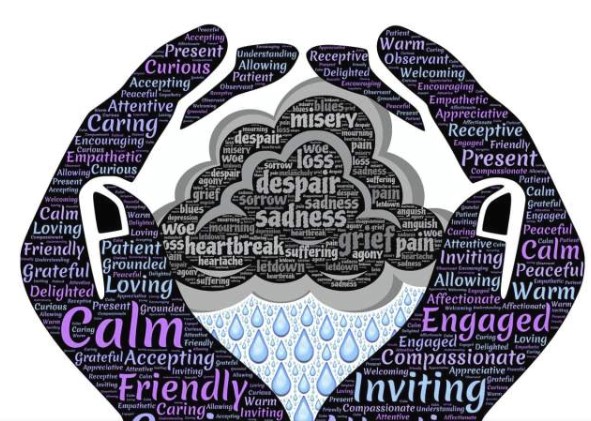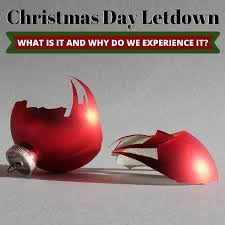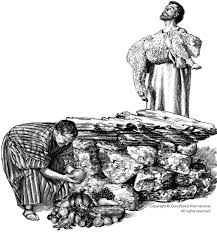Is Jesus the One?
Yes, He is! I say that not based on my feelings or opinion but on what God has said about Who He is and how He operates in this fallen world. I continue to use the phrase, “fallen world” to direct our attention to the condition that has led us to the pain and suffering we are experiencing in the world. And that condition is sin.
It is easy to wonder why God isn’t more active in resolving the difficulties we face in our world. Know this! God cares and engages in every aspect of our lives (Matt. 10:29-31). However, man’s “free will” allows him to choose those things that, many times, are outside God’s will and not in the best interest of others (which includes the world).
As we discussed last week, we often look to God to “zap the bad” and make it disappear. Unfortunately, that isn’t how it works in a fallen world. That’s why it is valuable to draw near to God (James 4:8) so that we can better understand His ways and His works. When we do that, we can begin to understand why Jesus is the One.
What are our options?
So what have been our “options” to address the challenges of 21st century living? We’ve tried to legislate, to mandate, and to regulate, just to name a few. New beliefs, creeds, and convictions, offer no long-term solution to the various world crises we face. No person, political platform, nor social movement has moved us closer to “the good life”, harmony or peace. These are not the right solutions for our sin problem.
Why not choose Jesus? Choose Him not for solving all the problems we experience during difficult time. Nor for miracles Jesus can perform to address our human needs. But choose Jesus because He is the One. He is the One God has ordained to address the issue of sin and to give us life—life now and life in eternity.
Jesus knew.
Jesus knew He was the One. As He arrived in Nazareth, He entered the synagogue on the sabbath day and stood up to read (Luke 4:16-21). He read from the Old Testament book of Isaiah that prophesied of the abundant life that would be available to those who would believe and follow the promised Messiah (Isa. 61:1-2).
“The Spirit of the Lord is upon Me,
Because He has anointed Me
To preach the gospel to the poor;
He has sent Me to heal the brokenhearted,
To proclaim liberty to the captives
And recovery of sight to the blind,
To set at liberty those who are oppressed;
To proclaim the acceptable year of the Lord.”
Jesus concluded His reading with a statement meant to remove any doubt as to who He was (Luke 4:21).
“Today this Scripture is fulfilled in your hearing.”
Jesus was the promised Messiah. Jesus was the One.
Recognizing The One
In our humanity, we are continually looking for someone or something to manage the challenges we face. In God’s economy, believers understand that Jesus is The One.
- Who better to guide us and to help us through the challenges that lie ahead than The One who is omniscient? The all-knowing One who can see today, tomorrow and into eternity.
- Who better to protect us than the one who is omnipotent? All powerful. Not like the impotent idols we think will secure our life: wealth, status, or relationships. All these and more, we foolishly depend on to make us feel safe and secure.
- Who better to provide for both our spiritual and physical needs than the One who is omnipresent—”everywhere present”. Where can we go that Jesus is not with us? (Ps. 139:7-10)
Jesus is the great I Am. Bread of life (John 6:35). Light (John 8:12). The Door (John 10:9). The Good Shepherd (John 10:11, 14). Resurrection and Life (John 11:25). The Way, Truth, and Life (John 14:6). The Vine (John 15:1, 5).
Jesus is the One! He is the One we need for the challenges of 21st century living. He is the Only One.











